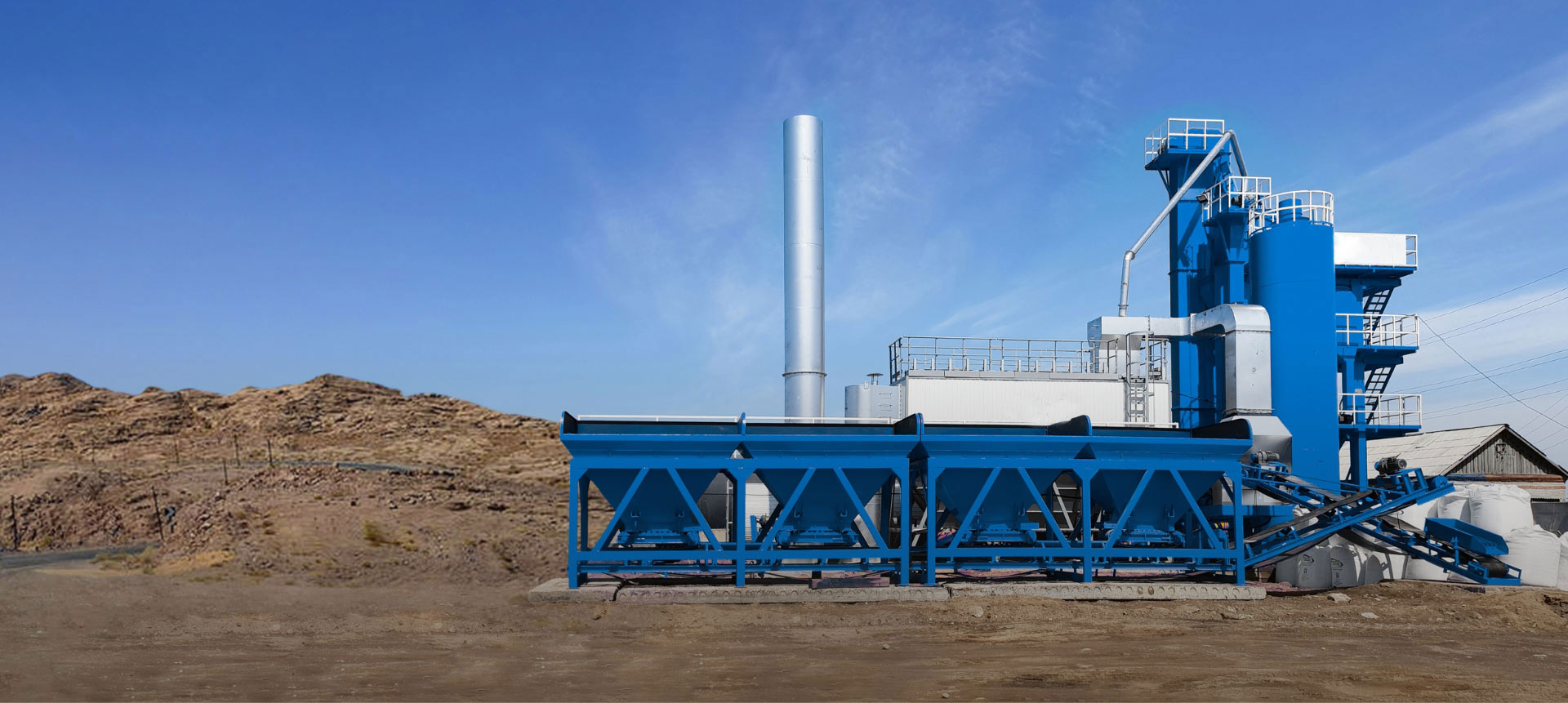For municipal roads projects requiring flexible deployment, selecting suitable mobile asphalt plants from asphalt plants for sale listed as amp aspal terdekat is crucial to meeting local construction standards and project timelines. The right choice not only enhances operational efficiency but also ensures compliance with various regulatory requirements. This article outlines essential considerations for choosing the most effective mobile asphalt plants to support municipal road construction efforts.
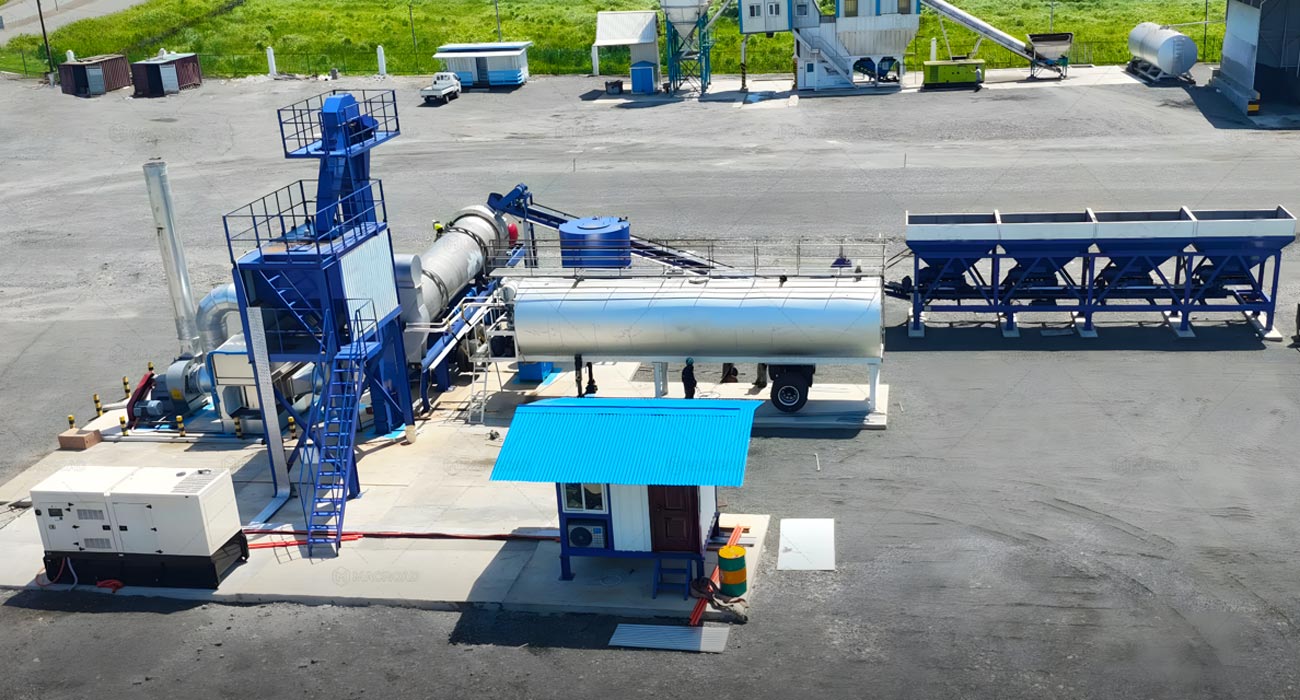
Understanding Local Construction Standards
The first step in selecting a mobile asphalt plant is to familiarize yourself with local construction standards that govern municipal roads projects. Depending on the region, these standards may dictate specific requirements for asphalt mix design, quality control, and environmental regulations.
Conducting thorough research or consulting with local authorities can provide valuable insights into these requirements. Knowing the specifications ensures that the selected mobile asphalt plants can produce mixes compliant with municipal standards, reducing the risk of project delays and potential fines. By prioritizing compliance from the outset, construction teams can maintain a smooth workflow throughout the project.
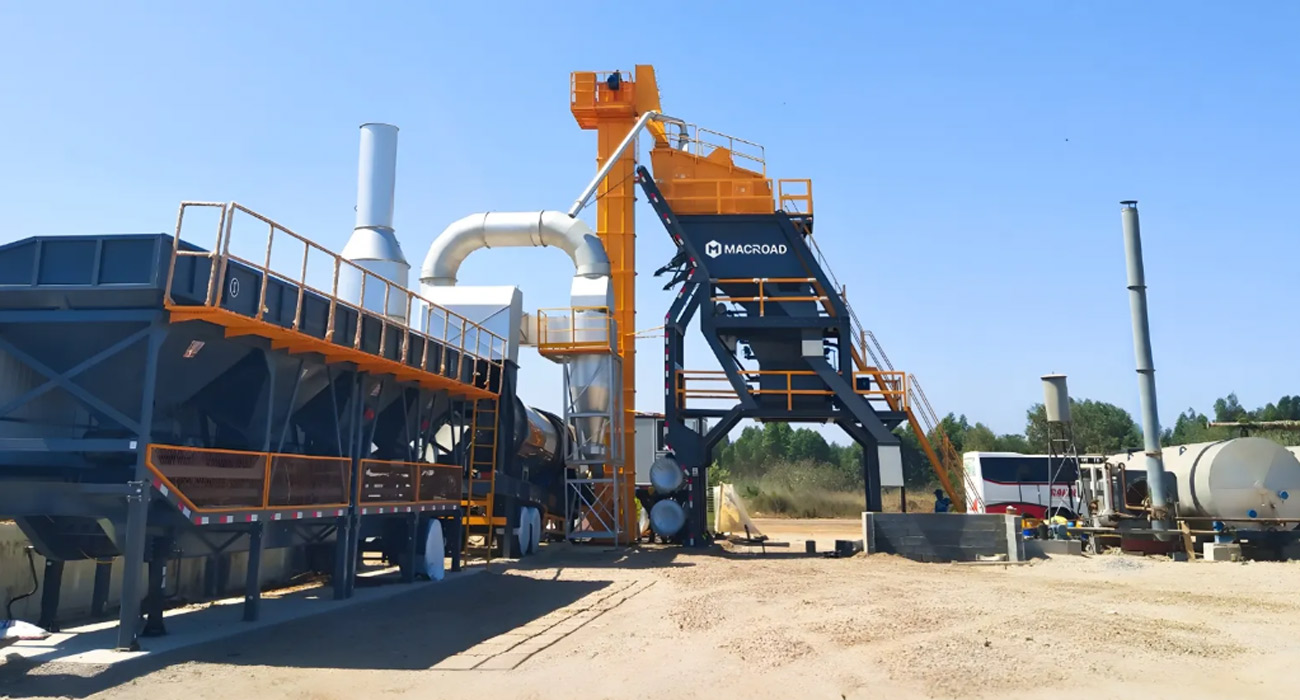
Assessing Plant Capacity and Flexibility
When considering asphalt plants for sale, assessing the capacity and flexibility of mobile asphalt plants is paramount. Municipal road projects can vary significantly in scale and scope, necessitating equipment that can adapt to changing demands.
Select mobile asphalt plants that offer a range of production capacities, allowing teams to adjust output based on project size and timeline. Additionally, features that enhance flexibility—such as modular components and quick setup times—can greatly improve deployment efficiency. Being able to seamlessly transition between different project sites ensures that construction teams can maintain momentum and meet tight deadlines.
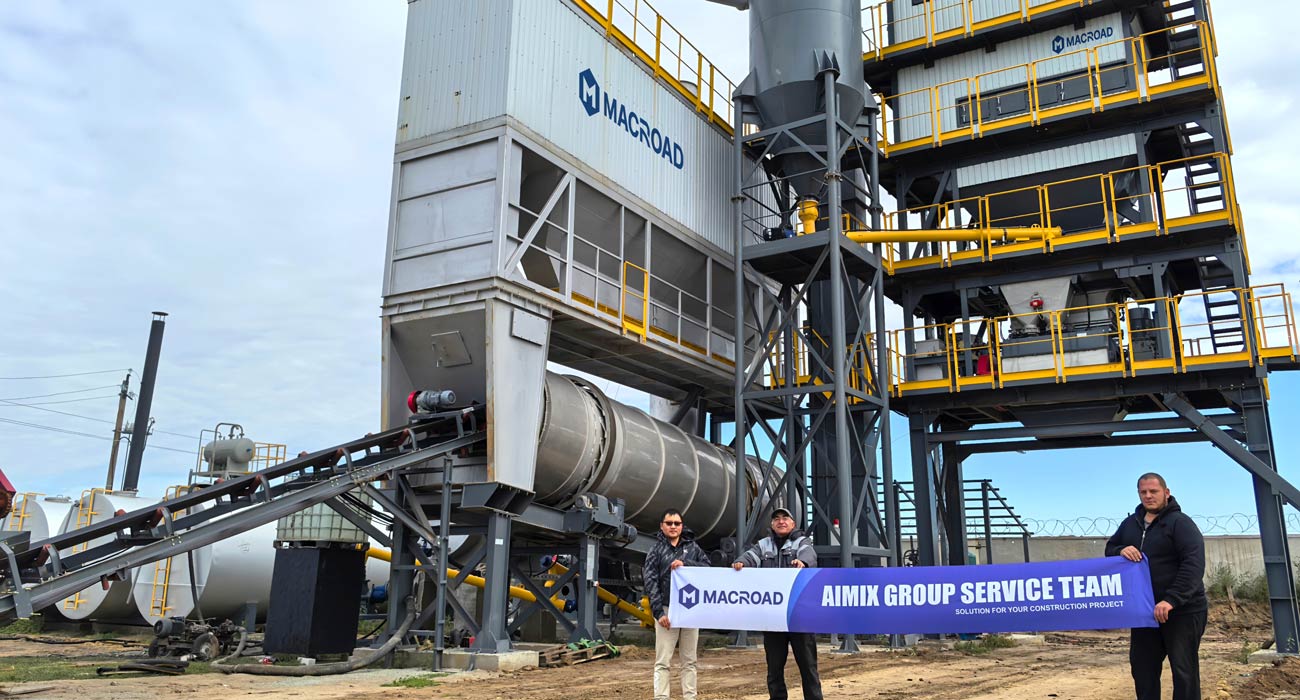
Evaluating Production Technology and Quality Control
Another critical factor in selecting mobile asphalt plants is evaluating the production technology used in the equipment. Advanced technologies, such as precise mixing systems and integrated control mechanisms, contribute to the overall quality of the asphalt produced.
High-quality mixing ensures consistency in the asphalt’s properties, which is essential for meeting the durability and performance standards required in municipal roads projects. Additionally, implementing robust quality control measures helps identify and rectify potential issues before they impact the final product. Look for mobile asphalt plants that incorporate these advanced technologies, as they will enhance both the quality and efficiency of the asphalt production process.
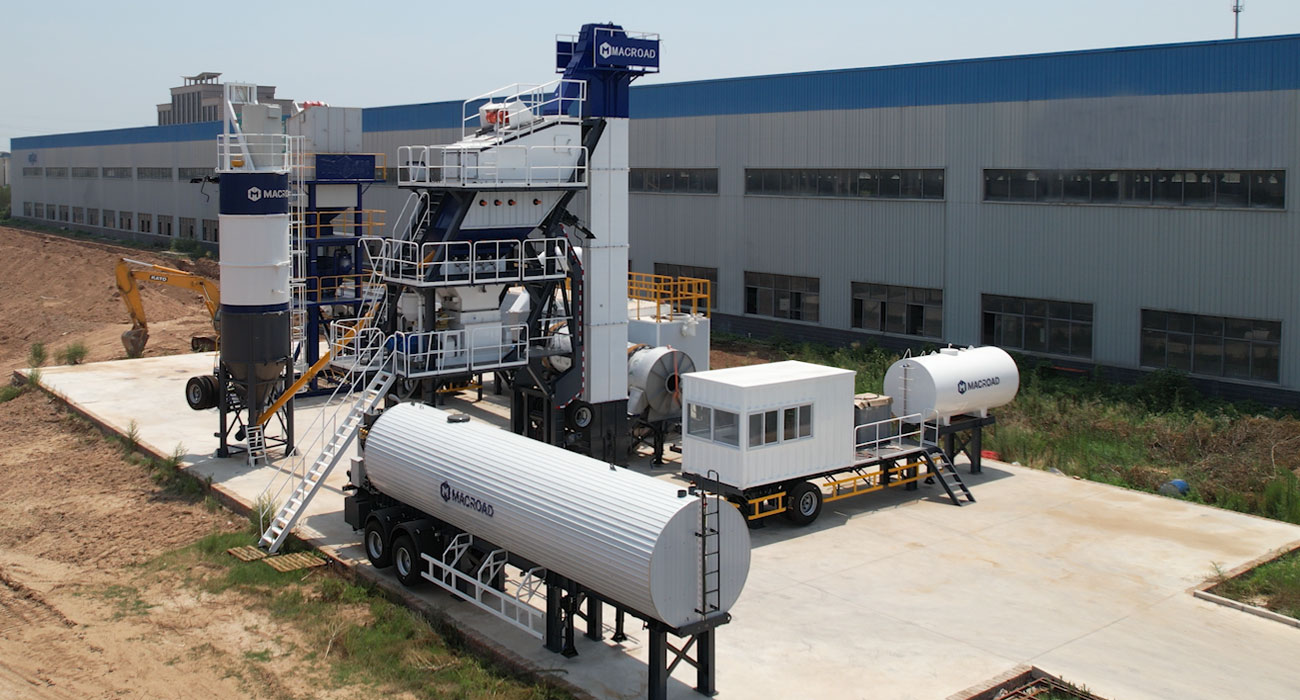
Considering Logistics and Transport Costs
The logistics of transporting mobile asphalt plants also play a crucial role in the selection process. Given that municipal roads projects may span diverse geographic areas, it is essential to choose equipment that is easy to transport and set up at various sites.
Evaluate the dimensions and weight of the mobile asphalt plants, as well as any associated transport requirements. Opting for plants that are designed for easy mobility can significantly reduce transport costs and minimize downtime during relocation. By factoring in logistics when selecting asphalt plants for sale, construction teams can ensure a smoother operational flow across different project locations.
Conclusion
In conclusion, for municipal roads projects requiring flexible deployment, careful selection of mobile asphalt plants from asphalt plants for sale listed as amp aspal terdekat is essential. By understanding local construction standards, assessing capacity and flexibility, evaluating production technology, and considering logistics, construction teams can choose the most suitable equipment for their needs. This strategic approach not only enhances project efficiency but also ensures compliance with regulations, ultimately leading to successful municipal road construction. Taking the time to thoroughly evaluate these factors will position construction teams for success in delivering quality infrastructure to their communities.
